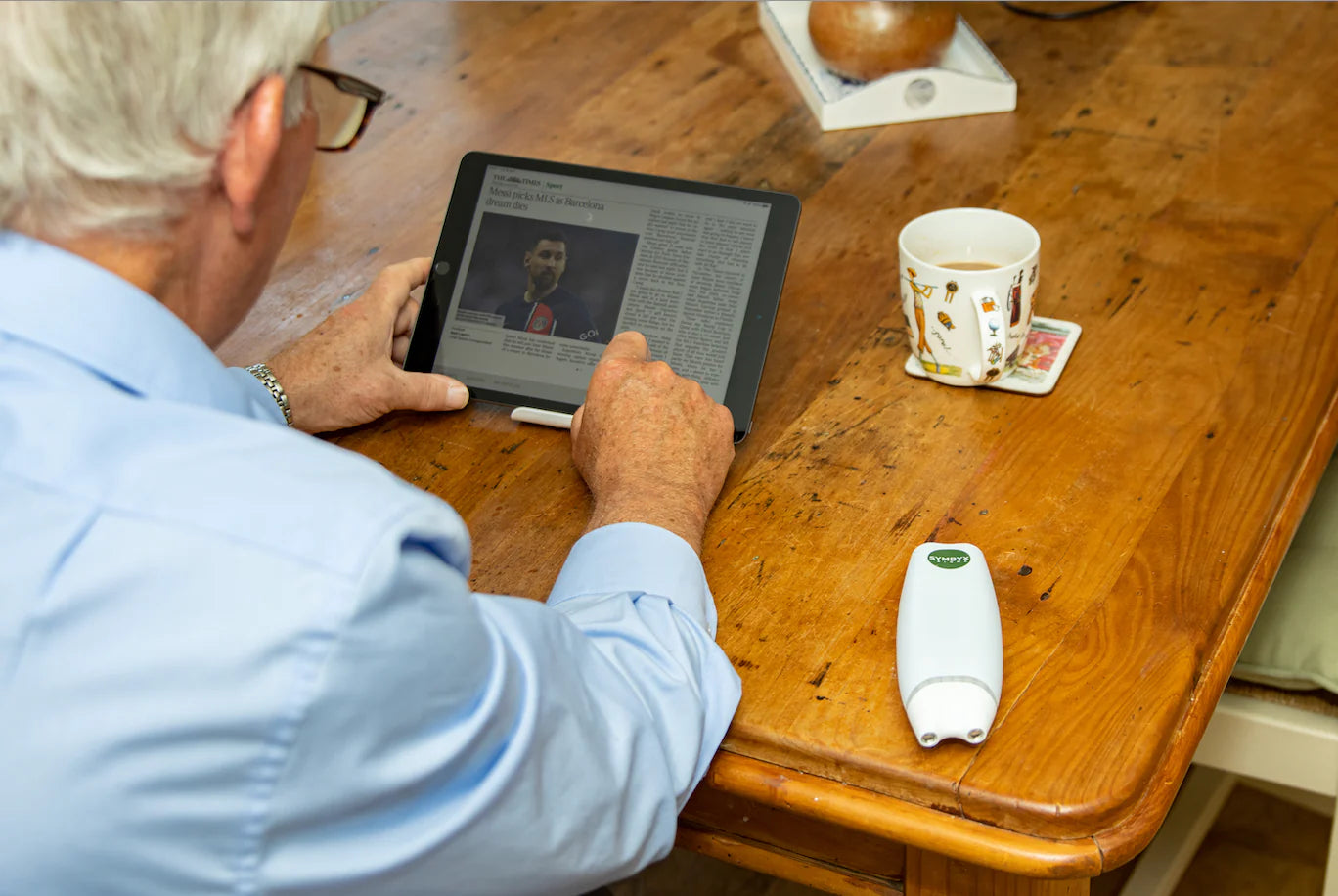A new study titled, "Microbiome changes in humans with Parkinson’s disease after photobiomodulation therapy: a retrospective study" is to be published shortly in the Journal of Personalized Medicine.
This is ground-breaking research reporting that light therapy (sometimes called photobiomodulation) was successful in changing the gut microbiome in human subjects. The researchers "retrospectively analysed the microbiome from human stool samples from a previously published study, which had demonstrated the efficacy of photobiomodulation to treat Parkinson's patients' symptoms." Key changes were observed after using SYMBYX laser devices for a 12-week treatment regimen aimed at the gut. Specifically "noted were positive changes to the Firmiciutes to Bacteroidetes (F:B) ratio, which is often interpreted as a proxy for gut health."
Several changes were recorded in bacterial species associated with good and bad health, underscoring the approach to treating previously intractable chronic diseases (like Parkinson’s) through the gut. This research adds significantly to the body of evidence increasing our understanding of the link between the gut microbiome, the enteric nervous system (found in one’s colon) and a number of disorders including kidney, liver and cardiovascular disease.
The gut microbiome continues to be one of the most exciting new frontiers in medical research today.
The gut-brain connection in Parkinson's is now well accepted by most researchers in the field.

